
Lump sums: understanding the risks by Matthew Eaton IFA

When investing lump sums different types of risk are mentioned, and your attitude towards risk is assessed. What are the main types of financial risks that Independent Financial Advisers consider when assessing how to advise on lump sums.
Investment specific risk (non-systematic)
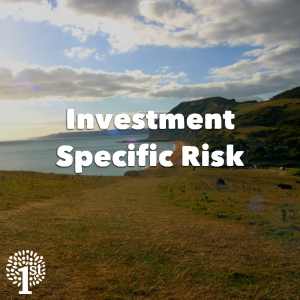
This is the risk that there is a reduction in expected returns from a company that has been invested in, as a response to some event or circumstances specific to that company. An example is a popular CEO resigning. This may reduce the share price as the markets react but it would not wouldn’t normally impact other companies in the same sector.
This type of risk is managed by diversifying, that is investing with more than one company in different sectors. This way if one company reduces in value the entire portfolio will not be impacted in the same way.
Market risk (systemic)
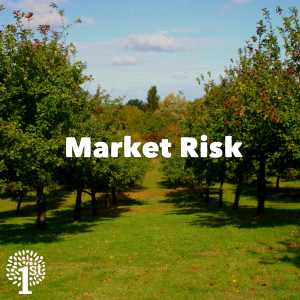
Market risk is when there is an unexpected loss across the market. The global financial crisis (GFC) would be an example of market risk. Shares and assets lose expected returns and value across the markets in large amounts.
This type of risk cannot be diversified, however, it can be hedged against with commodities like gold, government bonds like UK gilts and fixed income securities.
Inflation risk
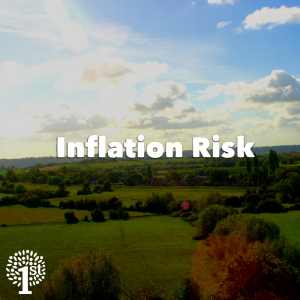
Inflation is the percentage of value that money loses per year. It is measured by the Retail Prices Index (RPI) and Consumer Prices Index (CPI). The 12-month CPI inflation rate for August 2018 was 2.4% (ONS, 2018, which meant that investments needed to grow by more than 2.4% or they made a loss. This is why leaving money ‘under a mattress’ loses value year on year.
Advisers attempt to avoid inflation risk by placing clients’ monies with investments that have historically provided good returns and are considered likely in future to outperform inflation.
Interest rate risk
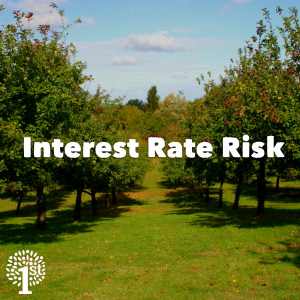
Interest rate risk is that if interest rates rise, fixed-interest security values will fall. If a portfolio relies heavily on fixed-interest securities this can have a negative impact on its value.
The inverse occurs if the interest rates drop as the price of fixed interest securities will rise. To help cover this risk, investment managers will often reduce or shorten the duration of bonds or securities they hold. This is because it allows them greater certainty about the rate and ensure they are not locked in with a longer term bond.
Credit risk

There are four types of credit risk
What can be difficult to understand at first is the risk does not need to occur for it to impact the value. If the likelihood rises, that alone can have a dramatic impact on values.
1. Default risk
The risk the issuing company will not be able to pay when required.
2. Downgrade risk
Downgrade risk is that a credit rating agency will downgrade a security.
3. Credit spread risk
That a large sector will not be able to pay its debts on time and this will spread across markets.
4. Counterparty risk
The risk that a counterparty will not be paid when obliged on a trade, bond or other financial transaction. Also known as the risk to each part of a contract that the counter party will not live up to its contractual obligations.
These risks are usually diversified and hedged against, depending on the perceived likelihood of them occurring.
Currency risk
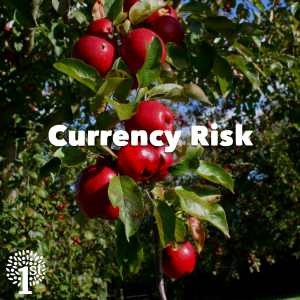
Currency risk is that where you invest offshore, sterling for example, may appreciate (rise in value) against the currency of the country invested in. This means the investment returns once brought back onshore, are reduced by the amount that sterling rises.
Liquidity risk

The risk that an investor will need to sell an asset below its value in order to access its cash. This usually occurs because investors need funds quickly for a variety of reasons.
Depending on the sum required, it can be difficult to hedge against this type of risk. Generally speaking, it is recommended to have an emergency fund of 3-6 months’ worth of expenses in a deposit account prior to investing.
Event risk

Event risk is when a company, or section of the economy, is unable to repay capital due to some large-scale event such as a natural disaster, regulatory change or corporate takeover.
This is managed through diversifying a portfolio and hedging appropriate to an individual’s risk appetite.
Political risk

This is when a new, or changed, government has different monetary and fiscal objectives that will impact the ability of a business to function in a way planned. This includes for example major changes in the taxation system.
Avoiding political risk is difficult, but diversification and hedging are generally seen as the most appropriate strategies to adopt.
Operational risk
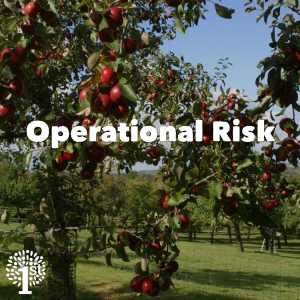
Operational risks are risks that arise from processes surrounding investments, such as fraud, misappropriation, misrepresentations and settlement.
Advisers avoid operational risks through the use of thorough background checks into companies and regular security reviews. This is also mitigated through professional insurances and, in some instances, government guarantees.
Take Financial Advice
Call us to make an appointment to discuss your personal needs or Get Started today.

Matthew has 28 years experience in the financial services sector working throughout Somerset from his base in Taunton. Matthew is a keen traveller and his favourite destination to date has been exploring South America. Matthew is an experienced and confident wealth management professional.
Investments come with risks. What are they? is an article by Matthew Eaton Independent Financial Adviser
Our Head Office on Prockters Farm has ample free parking and is easy to get to! When looking for your mortgage, protection or financial advice, contact 1st Financial Group.
Route
Mortgage and Financial Advisers, whose office is close and can come to you.
Mortgage and Financial Advice by 1st Financial Group. Across-the-Market mortgage brokers and Independent Financial Advisers in Somerset.
The value of investments (including property) and the income derived from them may go down as well as up.
1st Financial Group is authorised and regulated by the Financial Conduct Authority




